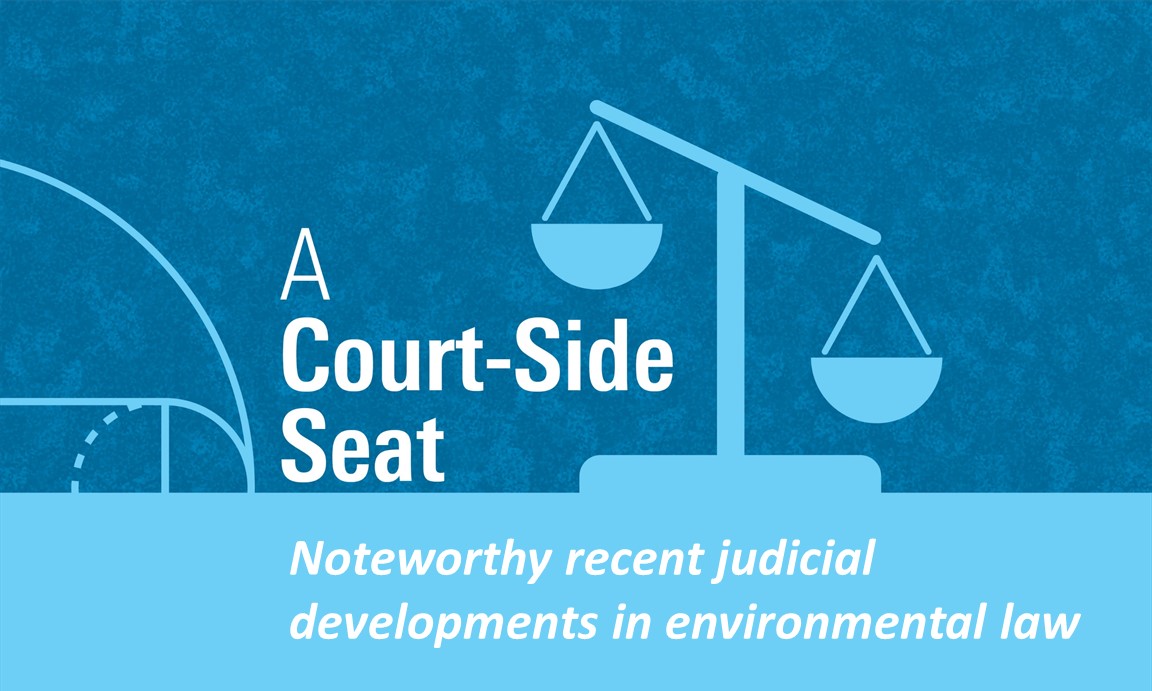The Real Estate and Construction industry may be huge, but ultimately, as with all industries, it comes down to the people who help make it all come together. From time to time, we like to profile some of those people.

Drew DeWalt is COO of Rhumbix, a construction computer software company he co-founded with CEO Zach Scheel in 2014. A native of Waco, Texas, Drew attended the University of Notre Dame, and upon graduation, was commissioned into the U.S. Navy as a Nuclear Submarine Officer. He spent over six years with the Navy, stationed primarily in Pearl Harbor, Hawaii, and deployed to locations across Southeast Asia.After completing his service, Drew enrolled in Stanford’s Graduate School of Business to pursue a joint MBA/MPP degree program, focusing on energy systems and infrastructure. Shortly after graduating, he started the renewable energy company, Valhalla Energia, in Chile with two classmates. In 2014, Drew stepped back from Valhalla Energia to found Rhumbix with Zach Scheel. Their experiences working on mega infrastructure projects and feeling the pain of having to make important decisions with low-quality, latent and incomplete data led them to identify a need to gather and structure data at the source—from the men and women actually executing in the field on a project. Drew currently lives in Orinda, Calif., with his wife, Whitney, and their four children.
 Gravel2Gavel Construction & Real Estate Law Blog
Gravel2Gavel Construction & Real Estate Law Blog







